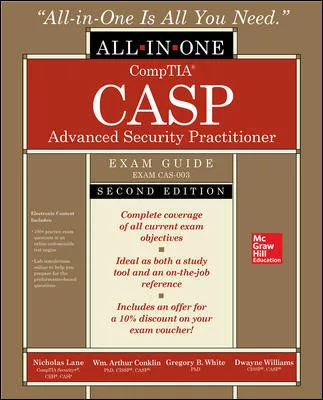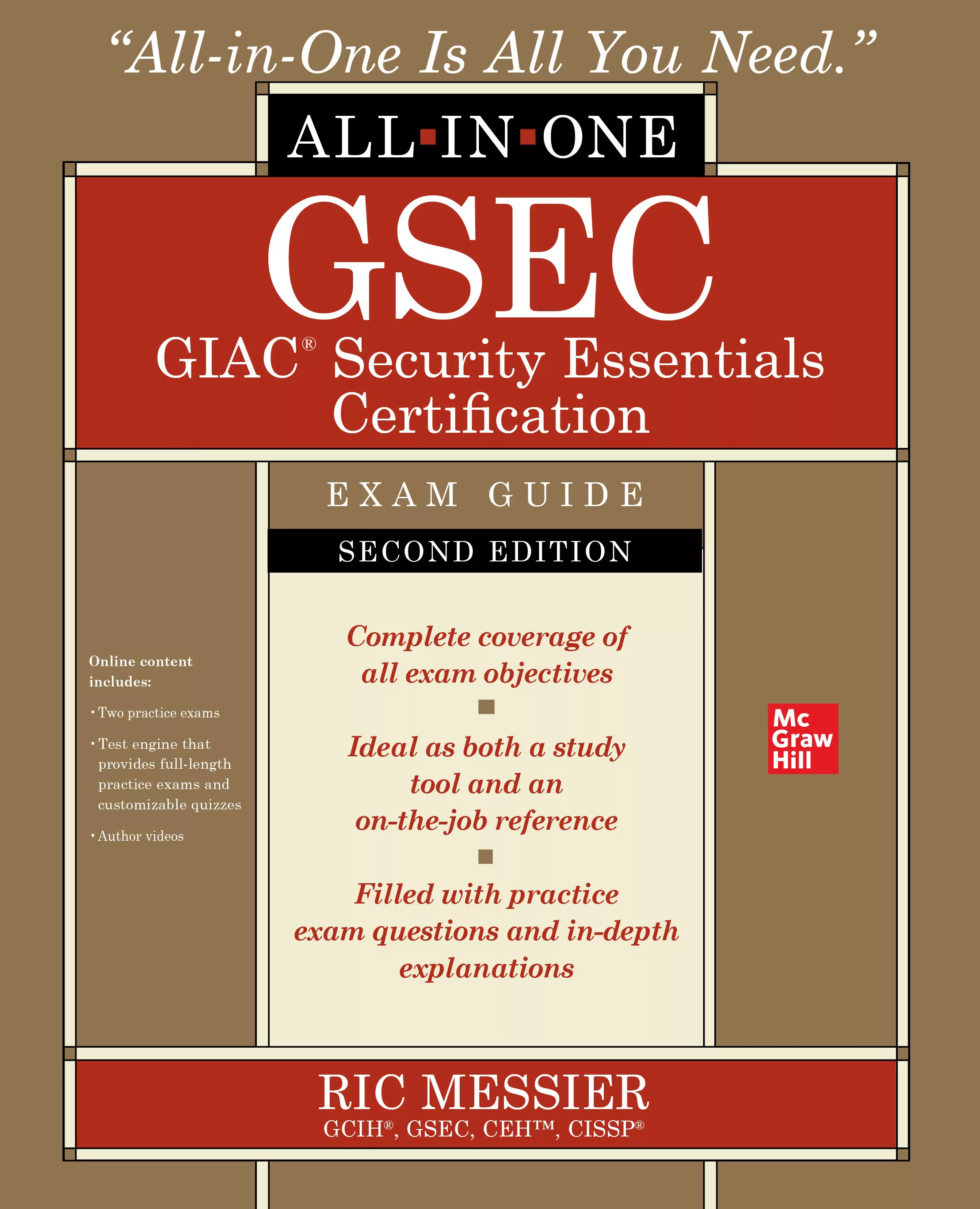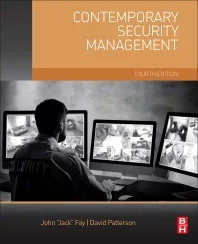Certification Equals Quality

The Dwight D. Eisenhower Army Medical Center is a major player in the fight against terrorism.
Using his experience in law enforcement, anti-terrorism and force protection, O’Brien set out to build a security program second to none. “Terrorism is always on our mind,” said O’Brien. “We take counter-terrorism and force protection very seriously.
“We use the newest technology on the market to provide us more intelligence and surveillance capabilities in real-time,” said O’Brien. “The terrorist doesn’t need a whole lot of time to inflict significant damage. We need to be able to detect and act rapidly to a terrorist act or suspicious activity.”
Shortly after Sept. 11, the United States conducted military action in Afghanistan. All appeared to be going well with little in the form of casualties. The medical center operated on a war footing but did not see much in the way of caring for returning combatants. The war on terrorism had not yet hit home.
Then in March 2003, U.S. forces invaded Iraq. This battle was different than the 1991 Gulf War. The Iraqi Army was now defending on their soil and mounted a strong defense. As the days and weeks of difficult urban fighting continued, so did the casualties. Some injuries sustained by U.S. combat forces were horrific and the soldier needed months to recuperate. The Eisenhower Army Medical Center was ready for the task. But with the introduction of many of these injured combatants into the medical center’s care came the serious issue of protecting them when they arrived. Every possible security issue would need to be addressed by the command.
According to O’Brien, his security officers are the primary ambassadors of the medical center. Upon their arrival, many patients, visitors and returning soldiers interact O’Brien’s officers first. The first impression one gets on how safe and secure the medical center is formed by the highly visible presence of security officers and security equipment that they see throughout the facility.

Setting up the system
The first step in building the program was to hire a professional and experienced security staff. Once the hiring process was complete, the security officers attended the Southeast Region Medical Command Healthcare Security and Safety Academy for a two-week course to prepare them to fulfill this vital mission. After completing the academy, the entire staff of the security department earned their Basic Healthcare Security Certifications from the International Association for Healthcare Security and Safety of Glendale Heights, Ill.“This rugged certification program has done more to improve the officers’ knowledge and professionalism than any signal-training event. Having a fully certified program has set us apart from most healthcare security programs.” said O’Brien
Looking for a reprint of this article?
From high-res PDFs to custom plaques, order your copy today!







